Peter Hörr - Duport: Concertos for Cello and Orchestra, Nos. 4-6 (2009)
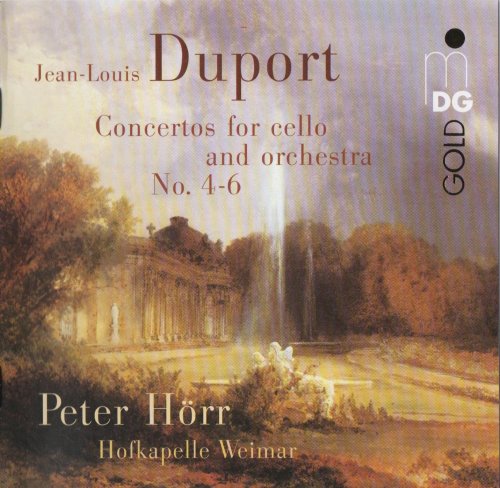
Artist: Peter Hörr
Title: Duport: Concertos for Cello and Orchestra, Nos. 4-6
Year Of Release: 2009
Label: MDG
Genre: Classical
Quality: FLAC (image+.cue,log,scans)
Total Time: 58:00
Total Size: 319 Mb
WebSite: Album Preview
Tracklist: Title: Duport: Concertos for Cello and Orchestra, Nos. 4-6
Year Of Release: 2009
Label: MDG
Genre: Classical
Quality: FLAC (image+.cue,log,scans)
Total Time: 58:00
Total Size: 319 Mb
WebSite: Album Preview
01. Cello Concerto No. 5 in D major- Allegro [0:09:35.49]
02. Cello Concerto No. 5 in D major- Adagio cantabile [0:02:39.08]
03. Cello Concerto No. 5 in D major- Rondeau [0:05:55.60]
04. Cello Concerto No. 6 in D minor- Allegro [0:09:45.10]
05. Cello Concerto No. 6 in D minor- Andante cantabile, grazioso [0:03:37.13]
06. Cello Concerto No. 6 in D minor- Rondo. Allegretto [0:07:31.17]
07. Cello Concerto No. 6 in D minor- Allegro moderato [0:07:43.09]
08. Cello Concerto No. 6 in D minor- Romance [0:05:43.63]
09. Cello Concerto No. 6 in D minor- Rondeau [0:05:32.74]
Performers:
Peter Hörr - cello & direction
Hofkapelle Weimar
To most, the name Jean-Louis Duport is all but forgotten. Cellists will recognize his set of 21 etudes as being popular and widely used teaching tools in studios the world over, but even they may be unaware of the other contributions Duport made to their instrument. This MDG Gold album offers a welcome glimpse at three such works: the Fourth, Fifth, and Sixth concertos for cellos and orchestra. Duport's etudes have the distinction of being much more musically fulfilling than many merely technical exercises available to cellists. Conversely, there are aspects of his concertos that sometimes seem overtly technical for the sake of virtuosity. The three concertos heard here put extensive demands on the performer, much more so than many works by Duport's contemporaries. This is not to say the works are not musically satisfying, as well. The middle movements of each concerto in particular are quite charming and delicate. Performing and conducting the Hofkapelle Weimar is cellist Peter Hörr. The virtuosic nature of Duport's writing is easily handled by Hörr's sparkling, pristine technique; clear intonation; nimble left hand; and well-articulated right arm. His choice of tempo tends to be brisk, which is entirely needed to maintain listener interest and bring excitement to Duport's scores. Balance between soloist and orchestra is polished throughout, allowing listeners to hear every rapid note of passagework. MDG's sound is clear and unadulterated. Listeners employing SACD surround sound will enjoy an additional level of clarity and spaciousness, and those with lots of extra time on their hands may wish to try MDG's seemingly excessive set-up for the "2+2+2" sound.
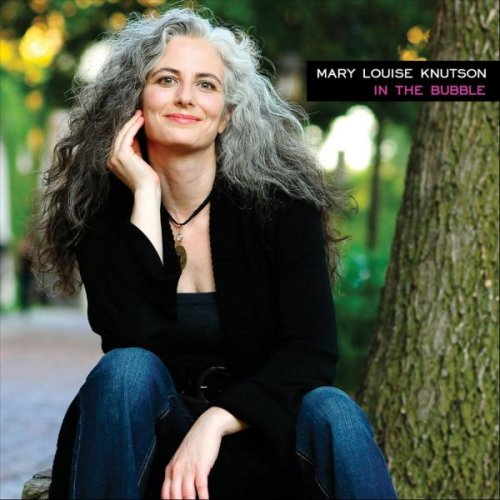

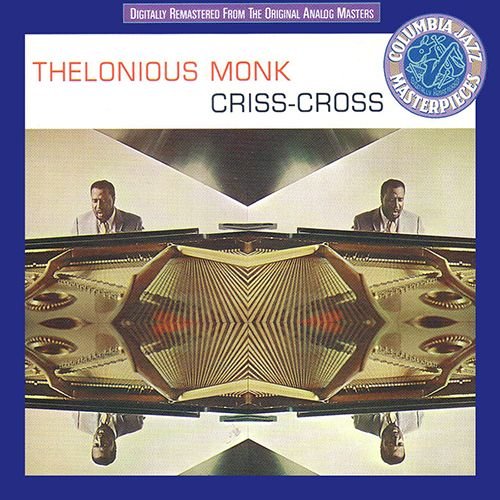

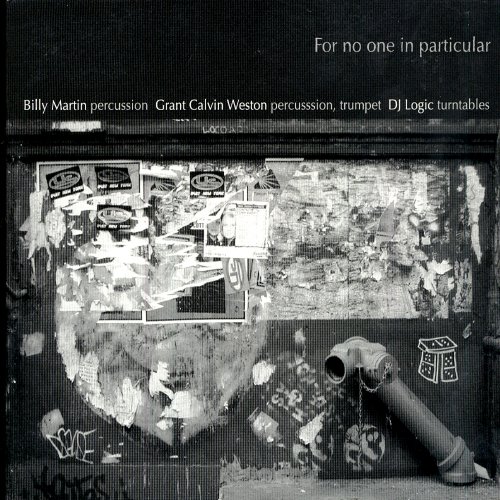
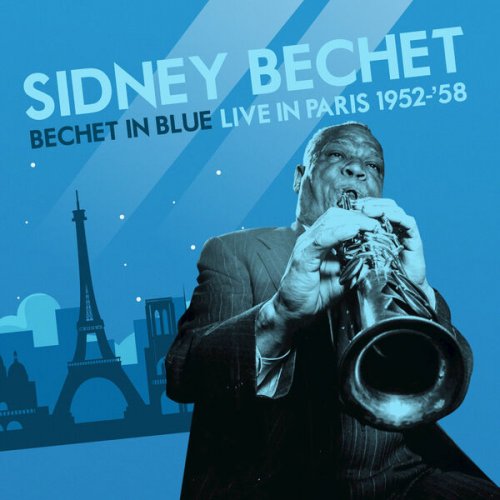
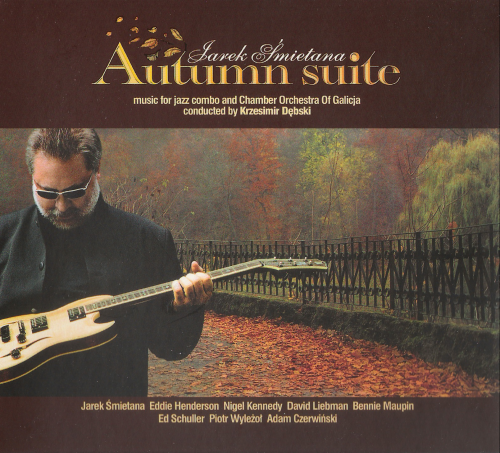

![Ace Cannon, Al Hirt - All-Time Country Greats (2026) [Hi-Res] Ace Cannon, Al Hirt - All-Time Country Greats (2026) [Hi-Res]](https://www.dibpic.com/uploads/posts/2026-01/1768282614_vbvfrlr9maemj_600.jpg)